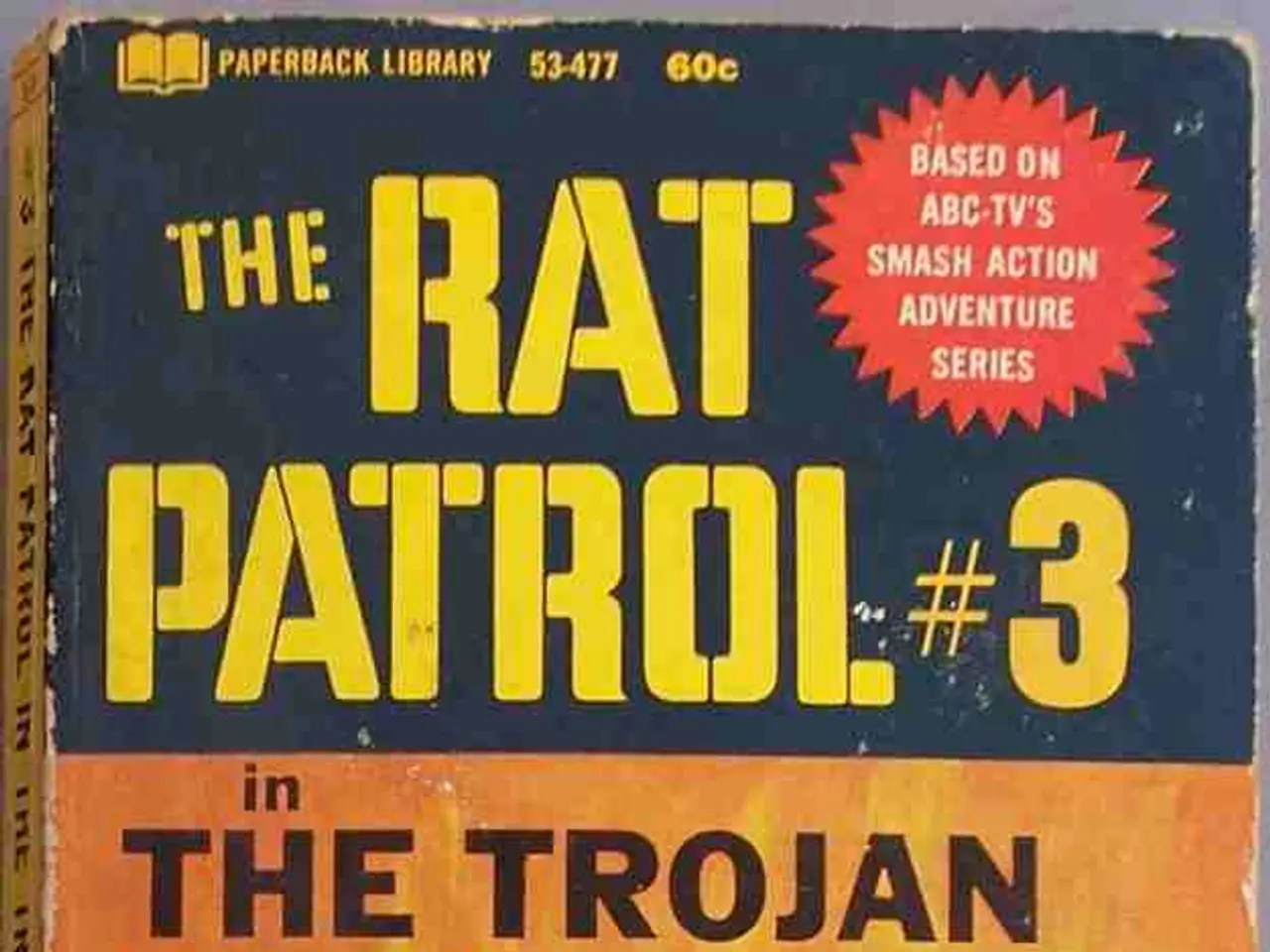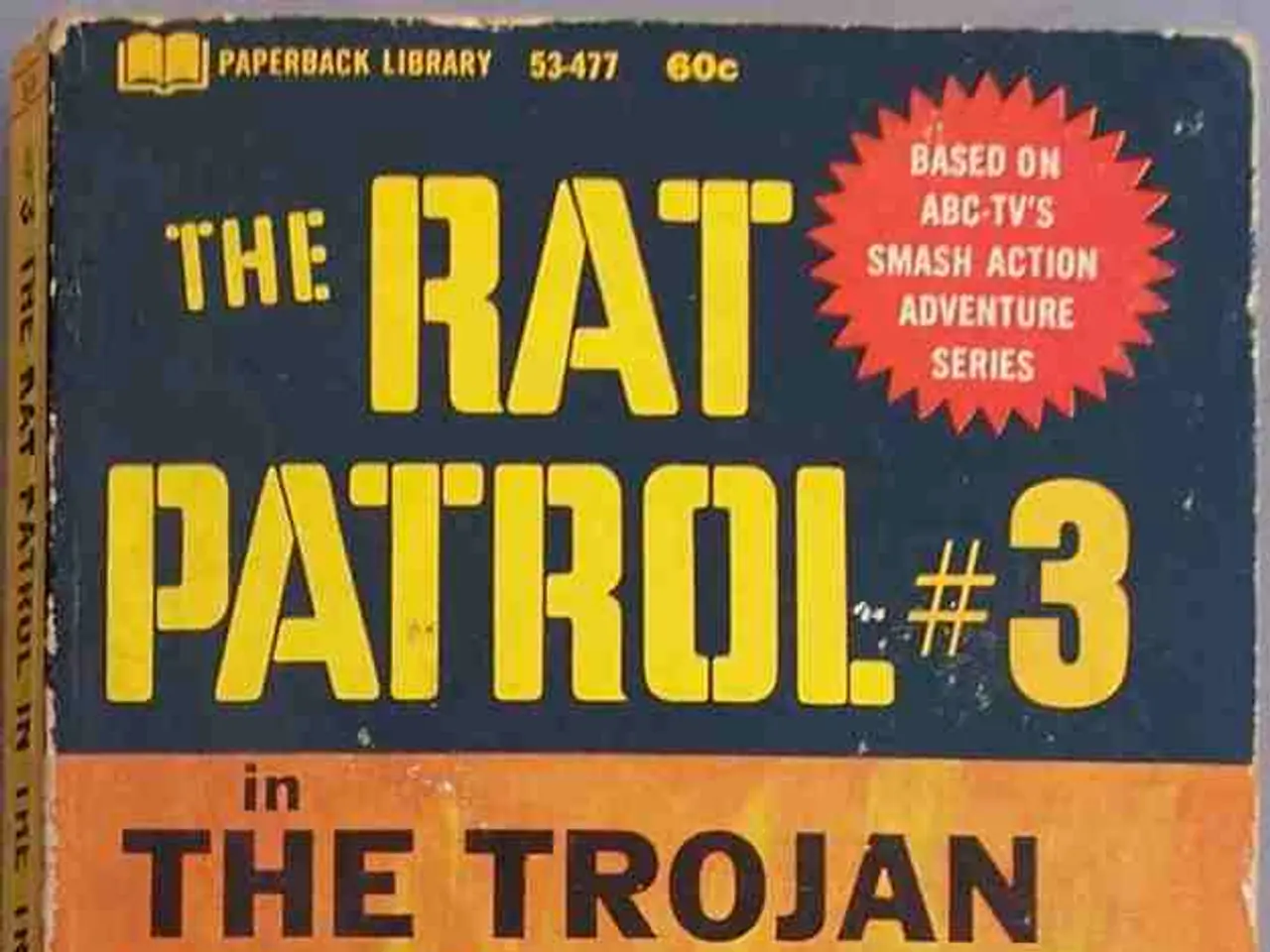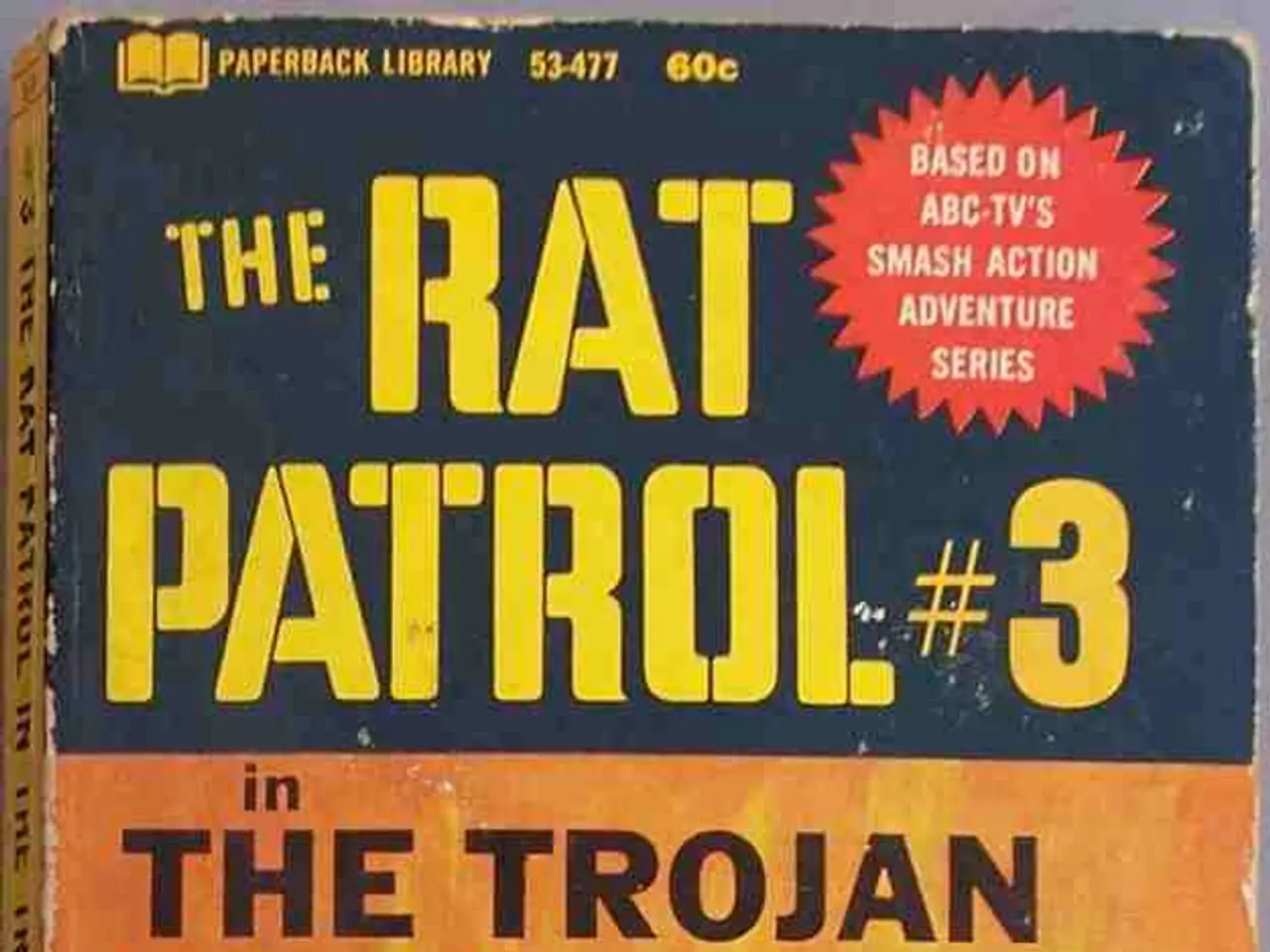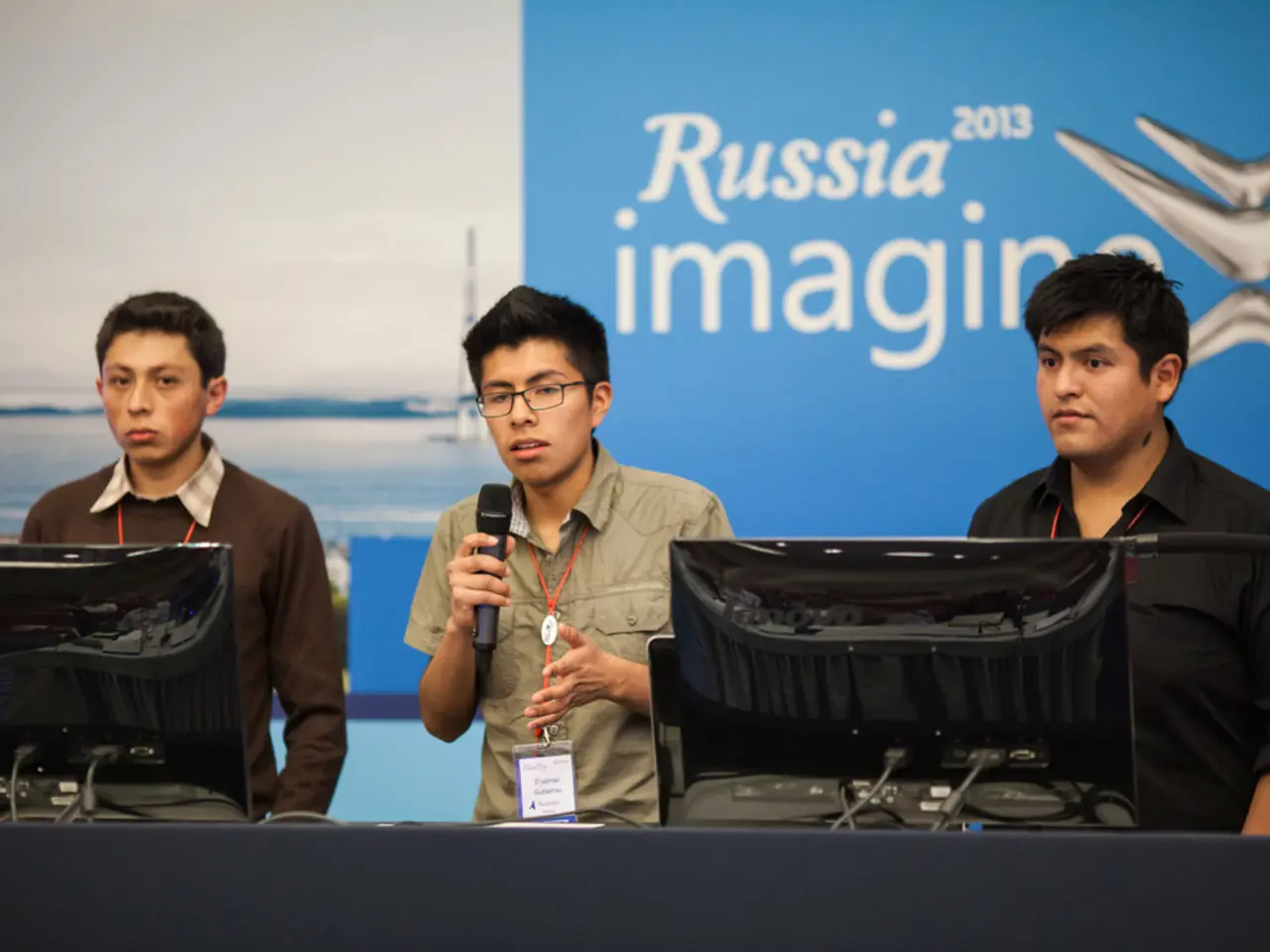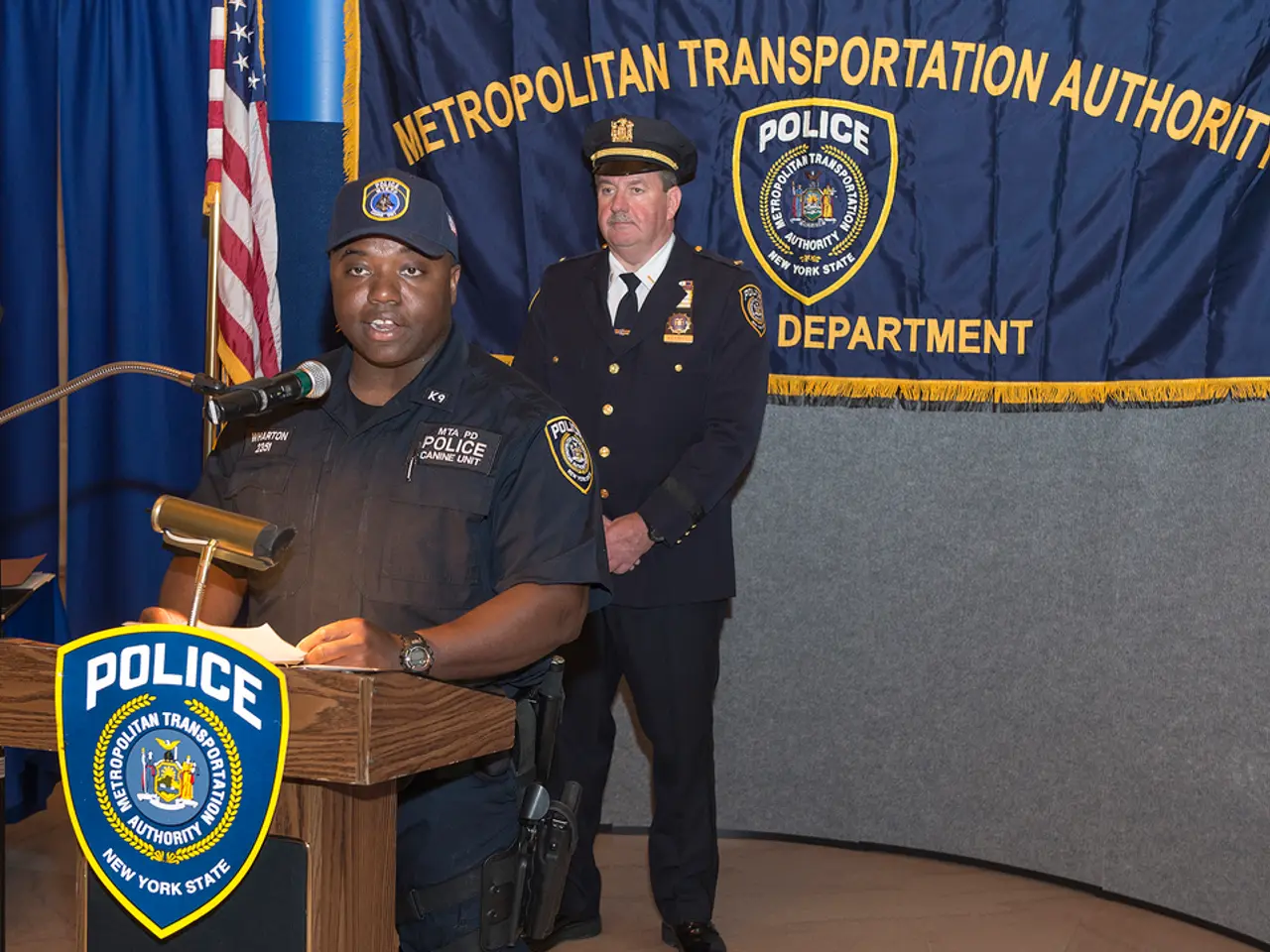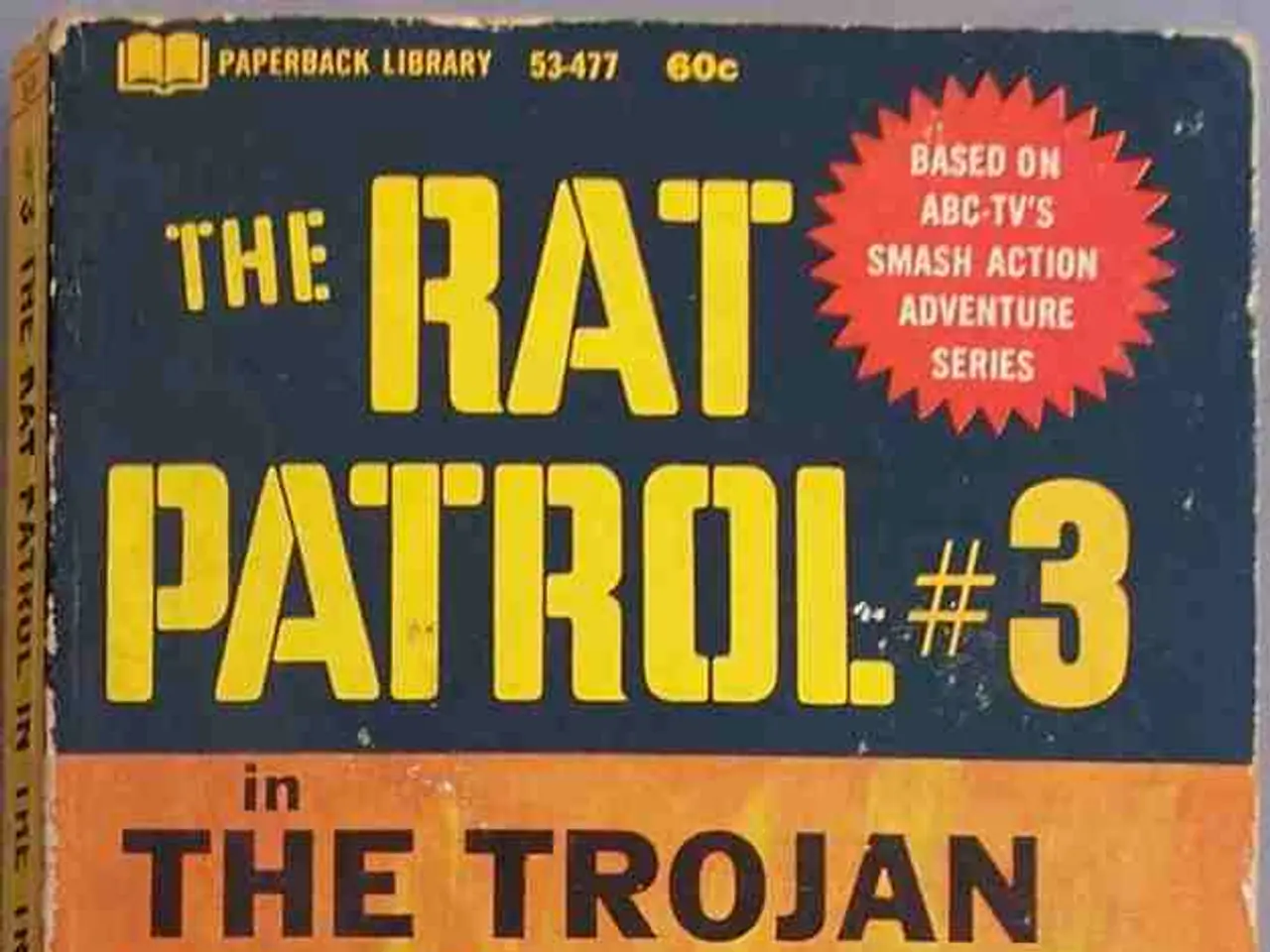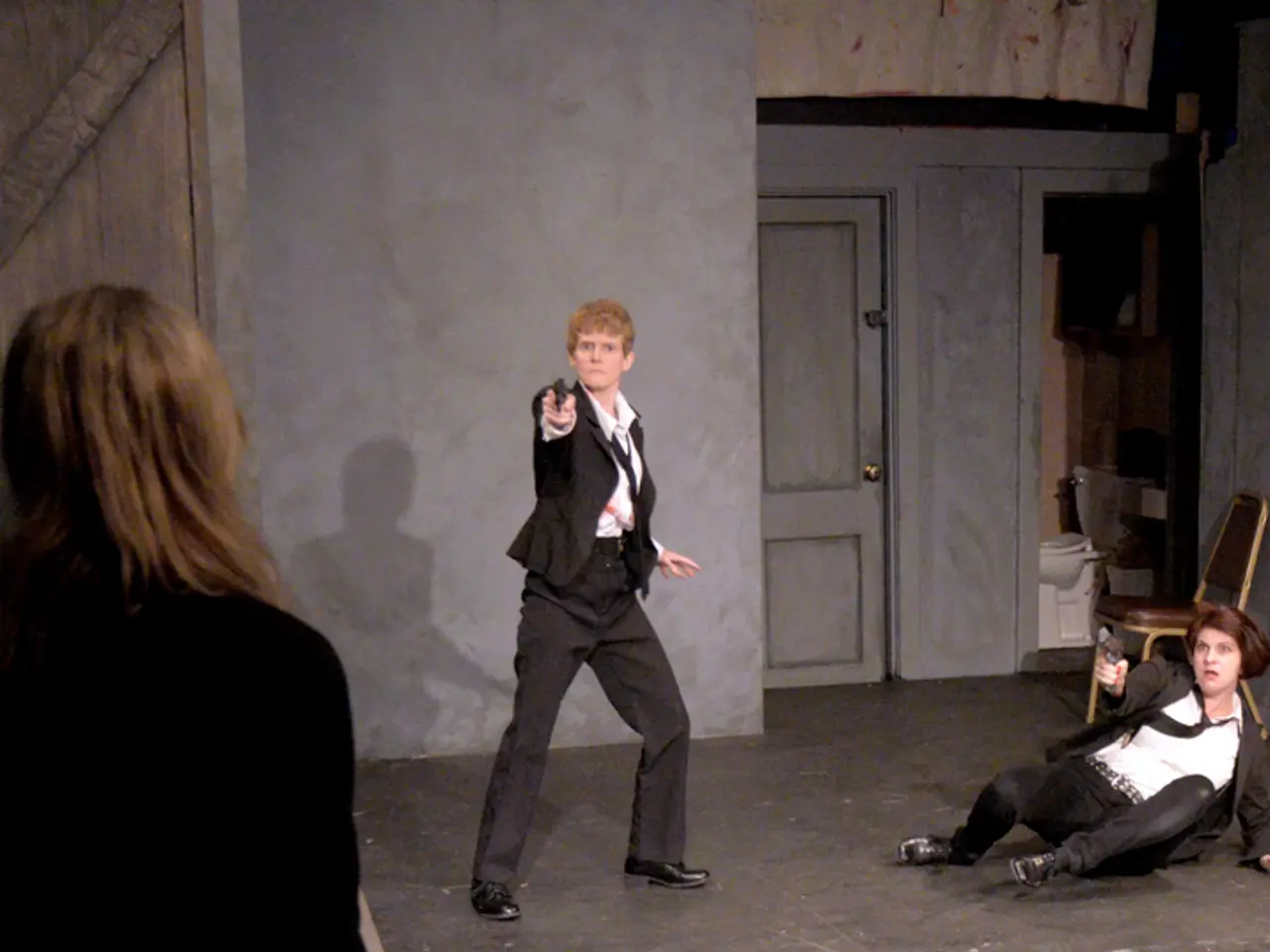Tightening quotas and expanding limits
In a recent analysis, a political and security strategist has raised concerns about the current state structure, arguing that it is left with a singular support base — that of the executive. This structure, often referred to as the hybrid model, is characteristic of a hybrid regime — an intermediary political system that exhibits features of both democratic and authoritarian systems, but lacks full democratic functionality.
The hybrid model, if left unchecked, could potentially have profound impacts on the constitution, rule of law, and democracy in a state.
Impact on the Constitution: Hybrid regimes maintain formal constitutional elements typical of democracies, such as elections and multi-party systems. However, the constitution may be undermined in practice by selective enforcement, manipulation, or lack of genuine adherence, weakening constitutional supremacy.
Impact on the Rule of Law: Although legal frameworks and political rights formally exist, hybrid regimes typically show low implementation of political rights and freedoms. Rule of law is weakened because laws are applied arbitrarily or unevenly, and institutions may serve regime interests over impartial justice.
Impact on Democracy: Hybrid regimes feature the external attributes of democracy (elections, opposition parties) but suffer from low political participation, restricted representation of citizen interests, and reduced trust in political institutions. This leads to democratic backsliding where democratic institutions are weakened, transitions of power may be unfair or violent, and individual rights like freedom of expression are curtailed.
In summary, the hybrid model often results in fragile democracy and weakened constitutional governance, where democratic forms exist only superficially but substantive democratic practices and the rule of law are compromised, posing risks to genuine democratic development and liberty in the state.
The compulsions that would lead to the implementation of such a system remain unclear. However, the writer emphasizes the need to arrest the deterioration of the state and forge a culture of mutual trust and tolerance. The writer also suggests the convening of a Truth and Reconciliation Commission to unearth facts about the past seven decades, with the key element for its success being voluntary confession of 'truth' by those who have been at the helm.
The current age is characterized by an expanding canvas of ideas and perceptions. Yet, the sustainability of the hybrid system is questionable, as it may collapse and be dusted away, but its impact during its existence could cause immeasurable damage to the state. The writer also mentions that the march of democracy was repeatedly derailed, leading to the imposition of autocratic dispensations.
The writer further highlights numerous crisis points in the country, including a "grave" human rights situation in Balochistan, characterized by continued enforced disappearances, shrinking civic space, erosion of provincial autonomy, and unchecked impunity. The Commission has recommended ensuring transparency, fairness, and accountability at all stages.
Recently, a sitting federal minister referred to the current system as the "hybrid model," which concentrates power exclusively in the executive, bypassing constitutional boundaries and the rule of law. Fear is increasingly present and intensifying, originating from various sources, some manageable and others not. The writer suggests breaking the logjam and putting the facts in the open for all to see, initiating a dialogue among all stakeholders to find a way for coexistence.
The writer, who is the founder of the Regional Peace Institute, a former special assistant to former PM Imran Khan, and heads the PTI's policy think-tank, believes that the hybrid system may help certain individuals create an environment that suits their intentions, but it could leave a destructive legacy for future generations. The commission's recommendations, if implemented, could potentially steer the country towards a more democratic and transparent future, fostering trust and tolerance among its citizens.
- The hybrid model, as seen in the current state structure, could have a devastating impact on the country's cultural development, as it undermines the rule of law and compromises democratic practices, leading to a lack of trust and tolerance among its citizens.
- The writer suggests that addressing the crisis points in the country, such as the grave human rights situation in Balochistan, requires legislation and policy changes focused on ensuring transparency, fairness, and accountability, which are vital for the health of a democratic society.
- In order to prevent further environmental degradation, the writer encourages the convening of a Truth and Reconciliation Commission to unearth past wrongdoings and promote a culture of truth and reconciliation, essential for fostering peace and justice in the country.
- In light of the ongoing war-and-conflicts and violations of individual rights such as freedom of expression, the writer advocates for a robust criminal justice system capable of ensuring justice for all, countering the power concentration in the executive and advancing the cause of democracy and rule of law.
